
Trump's Venezuela Squeeze Goes Well Beyond Monroe Doctrine
For now, at least, President Donald Trump has walked back suggestions that Washington is eyeing strikes inside Venezuela, seemingly content with attacking numerous naval vessels under the guise of a counter-narcotics operation. But nonetheless, the US presence in the region will enlarge further in the coming weeks with the arrival of the world's largest aircraft carrier, the USS Gerald R Ford.
As a scholar of US-Latin American relations, I know the actions of the current US administration smack of a long history of interventions in the region. Should escalation develop from attacks on ships into direct military confrontation with Venezuela, such aggression would appear to be par for the course in inter-American relations.
And certainly, governments across Latin America – in and out of Venezuela – will place it in this historical context.
But while it does hearken back to some quasi-piratical practices of the US Navy, the military buildup now is in key respects both unprecedented and shocking. It could also damage US relations with the rest of the hemisphere for a generation to come.
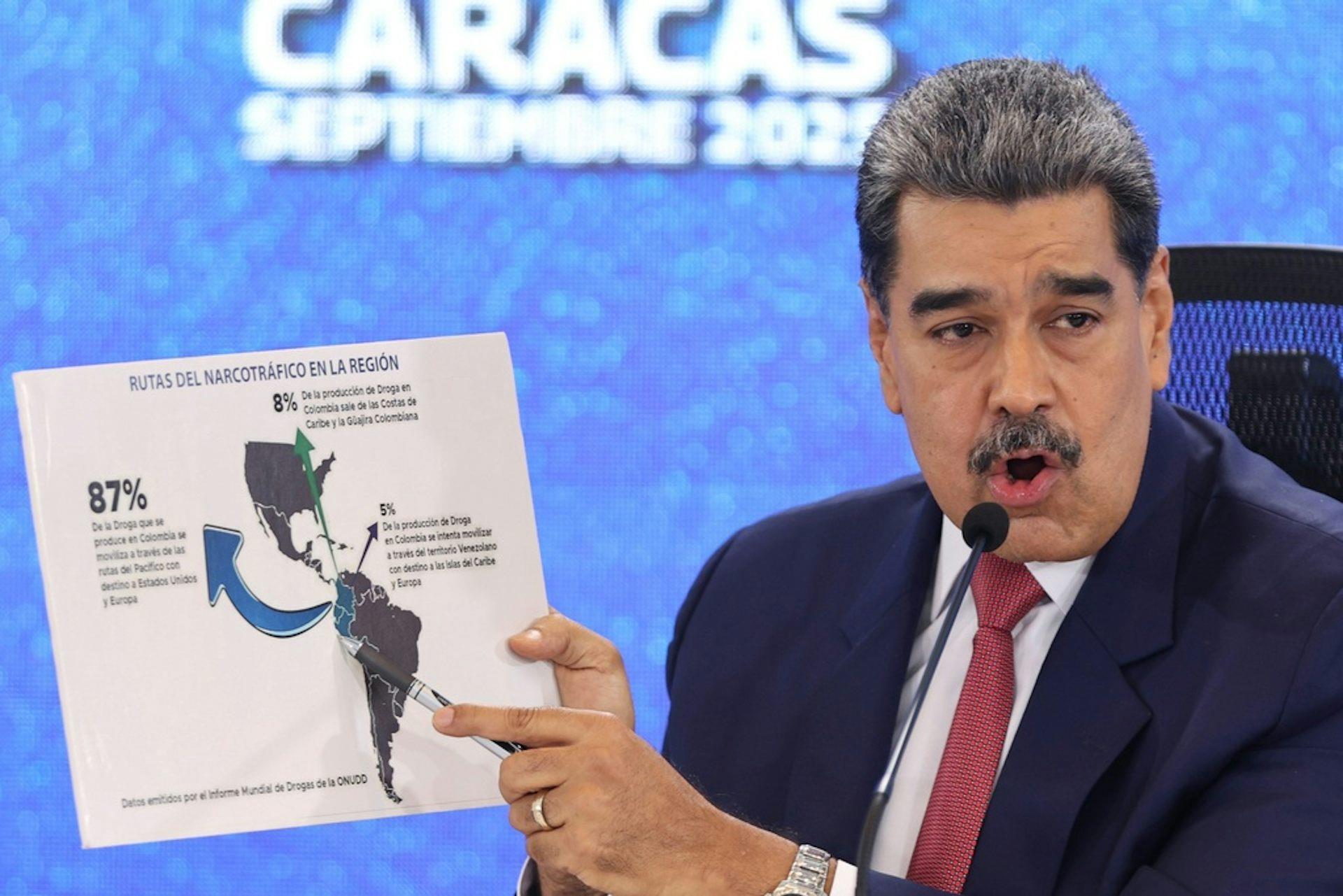
Venezuelan President Nicolas Maduro points at a map in September 2025. Photo: AP via The Conversation /Jesus Vargas A history of intervention
In the most obvious way, deploying a flotilla of warships to the southern Caribbean evokes dark echoes of“gunboat diplomacy” – the unilateral dispatch of marines or soldiers to strong-arm foreign governments that was especially prevalent in Latin America. One reliable account tallies 41 of these in the region from 1898 to 1994.
Of these, 17 were direct US cases of aggression against sovereign nations and 24 were US forces supporting Latin American dictators or military regimes. Many ended in the overthrow of democratic governments and the deaths of thousands. From 1915 to 1934, for example, the US invaded and then occupied Haiti and may have killed as many as 11,500 people.
During World War II and the Cold War, Washington continued to dictate Latin America's politics, showing an eagerness to respond to any perceived threat to U.S. investments or markets and backing pro-Washington dictatorships such as Augusto Pinochet's rule over Chile from 1973 to 1990.
Latest stories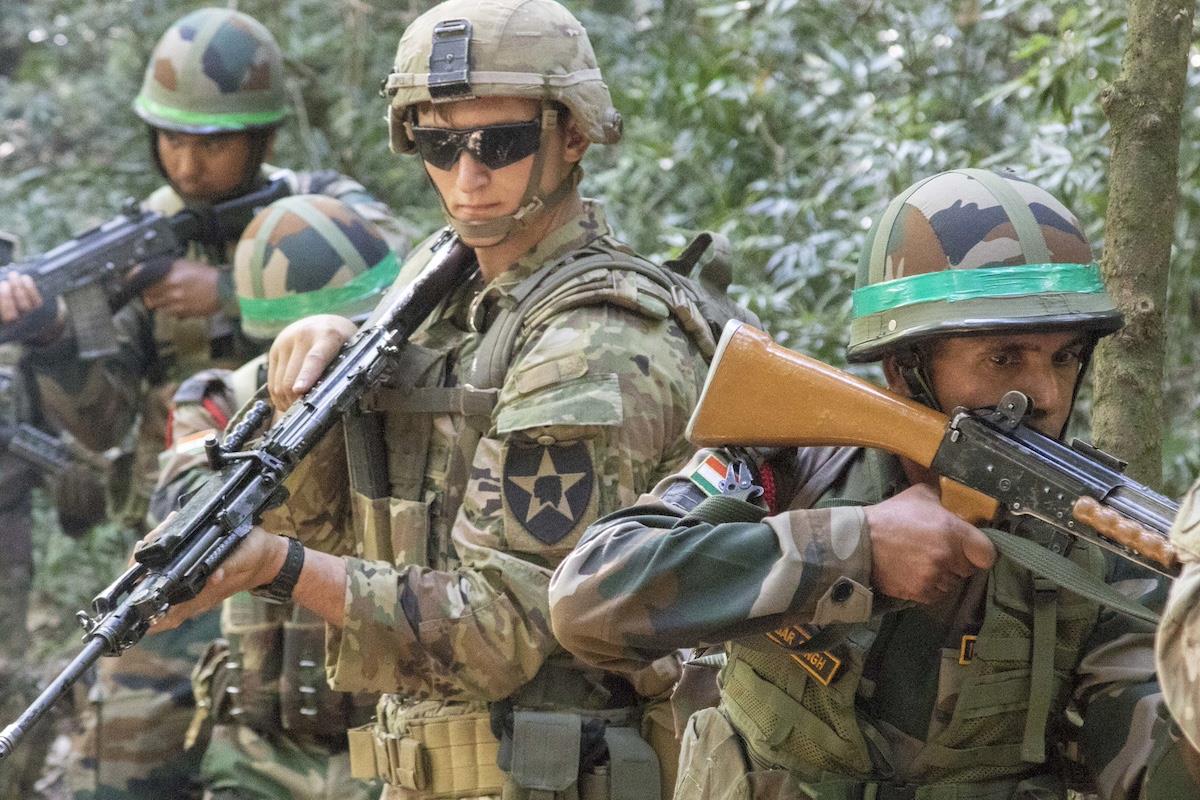
US-India defense deal belies bilateral discord and doubts
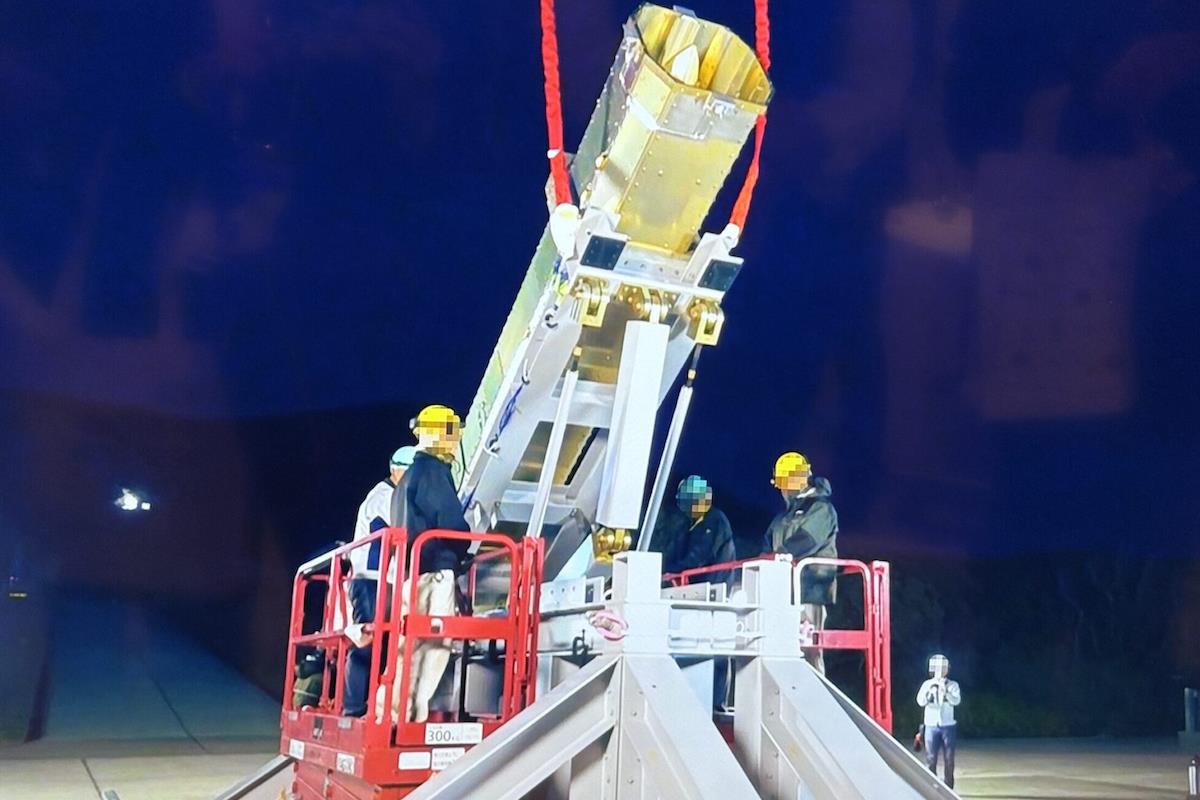
Japan's next-gen missile crafted to crack China's Pacific push
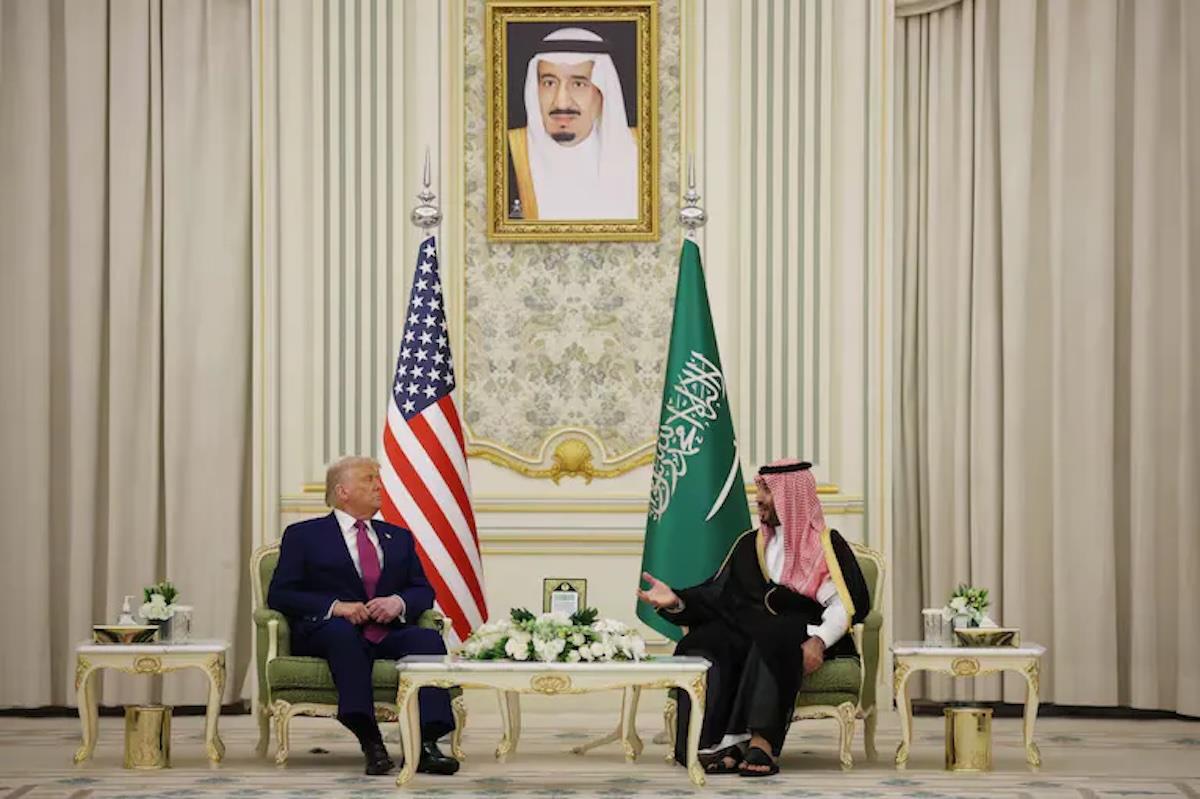
Leaked DIA warning of Chinese spying imperils Saudi F-35 purchase
Latin Americans have, by and large, chafed at such naked displays of Washington's power. This opposition from Latin American governments was the main reason that President Franklin D Roosevelt gave up interventions with his“Good Neighbor” policy in the 1930s. Intervention continued, though, throughout the Cold War, with moves against leftist governments in Nicaragua and Grenada in the 1980s.
The end of the Cold War did not quite end military interventions. Some US armed forces still operated in the hemisphere, but, since 1994, they had done so as part of multilateral forces, as in Haiti, or responding to invitations or collaborating with host nations, for instance, in anti-narcotics operations in the Andes and Central America.
Showing respect for national sovereignty and non-intervention – both sacred principles in the hemisphere – especially in the context of rising drug violence, has largely quieted the resistance to the presence of US troops in the largest nations in the hemisphere, such as Mexico and Brazil.
No mere Monroe Doctrine rebootSo is Trump merely reviving a long-abandoned stance on the US role in the region?
Not even close. In two key ways, aggression against Venezuela or any other Latin American country now – rationalized by Washington as a response to insufficient law enforcement against drug-running – would be dangerously unprecedented.
First, it would blow out of the water the age-old justification for US armed intervention called the Monroe Doctrine. Since 1823, when President James Monroe announced it, the US has aimed to keep outside powers out of the republics of the hemisphere.
Once a Latin American people won its independence, Washington believed, it had the right to keep it, and the US Navy helped in any way it could.
By the early 20th century, that purported help took on the look of a policeman patrolling the Caribbean Sea on a beat, wielding what then-US President Theodore Roosevelt called a“big stick” and keeping Europeans from landing and, say, collecting debts. Sometimes this was done by having the Marines land first and move a country's gold to Wall Street.
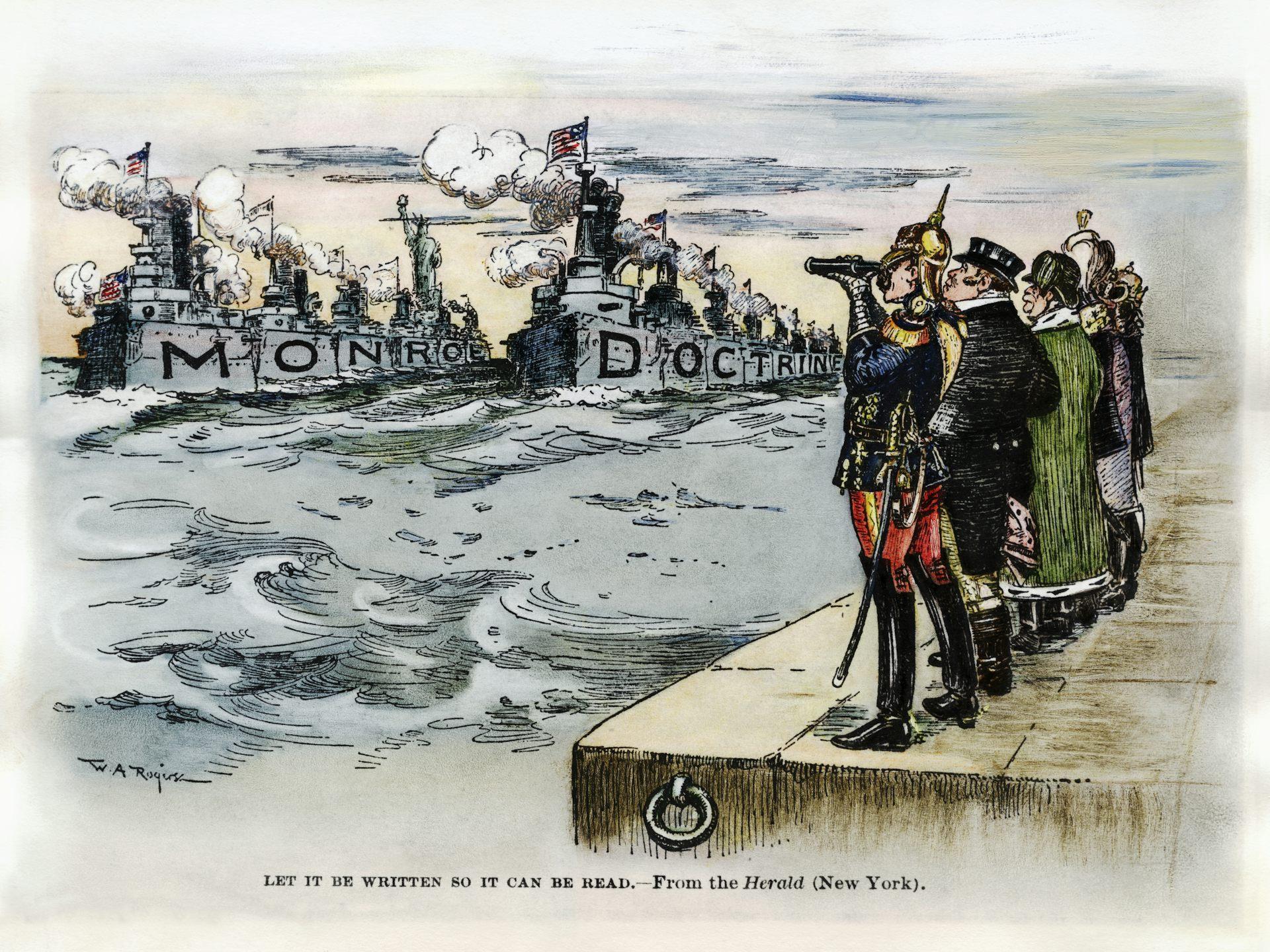
A 1904 cartoon in the New York Herald shows European leaders observing American naval power under the Monroe Doctrine. Image: Bettmann/Getty Images via The Conversation An expansion of the Panama precedent
Even during the Cold War, the Monroe Doctrine could be logically invoked to keep the Soviets out of the hemisphere – whether in Guatemala in 1954, Cuba in 1961, the Dominican Republic in 1965 or Grenada in 1983.
Often, as in Guatemala, the Soviet link was weak, even nonexistent. But there was still a thin thread of keeping out a“foreign ideology” that seemed to keep Monroe relevant.
The doctrine died a surer death with the 1989 invasion of Panama to remove its rogue leader, Manuel Noriega, convicted of drug-running and guilty of trouncing his country's democracy. No one fingered an extra-hemispheric accomplice.
Noriega's removal by about 26,000 US troops might be the closest parallel to Trump's targeting of alleged drugs boats in the Caribbean. Trump has already – and repeatedly – alleged Venezuelan President Nicolas Maduro is, like Noriega, not the head of state of his own country and therefore indictable.
More fantastically, he has alleged that the Venezuelan leader is the head of the Tren de Aragua gang that has been designated a“foreign terrorist organization” by US authorities. It is not too big a leap from there to calling for – and participating in – the overthrow of Maduro on the grounds of removing an international“narco-terrorist.”
But even there, the parallel with Panama diverges in a crucial way: A US attack on Venezuela would be far different in scale and geography. Maduro's country is 12 times larger, with about six times the population. Its active troops number at least 100,000.
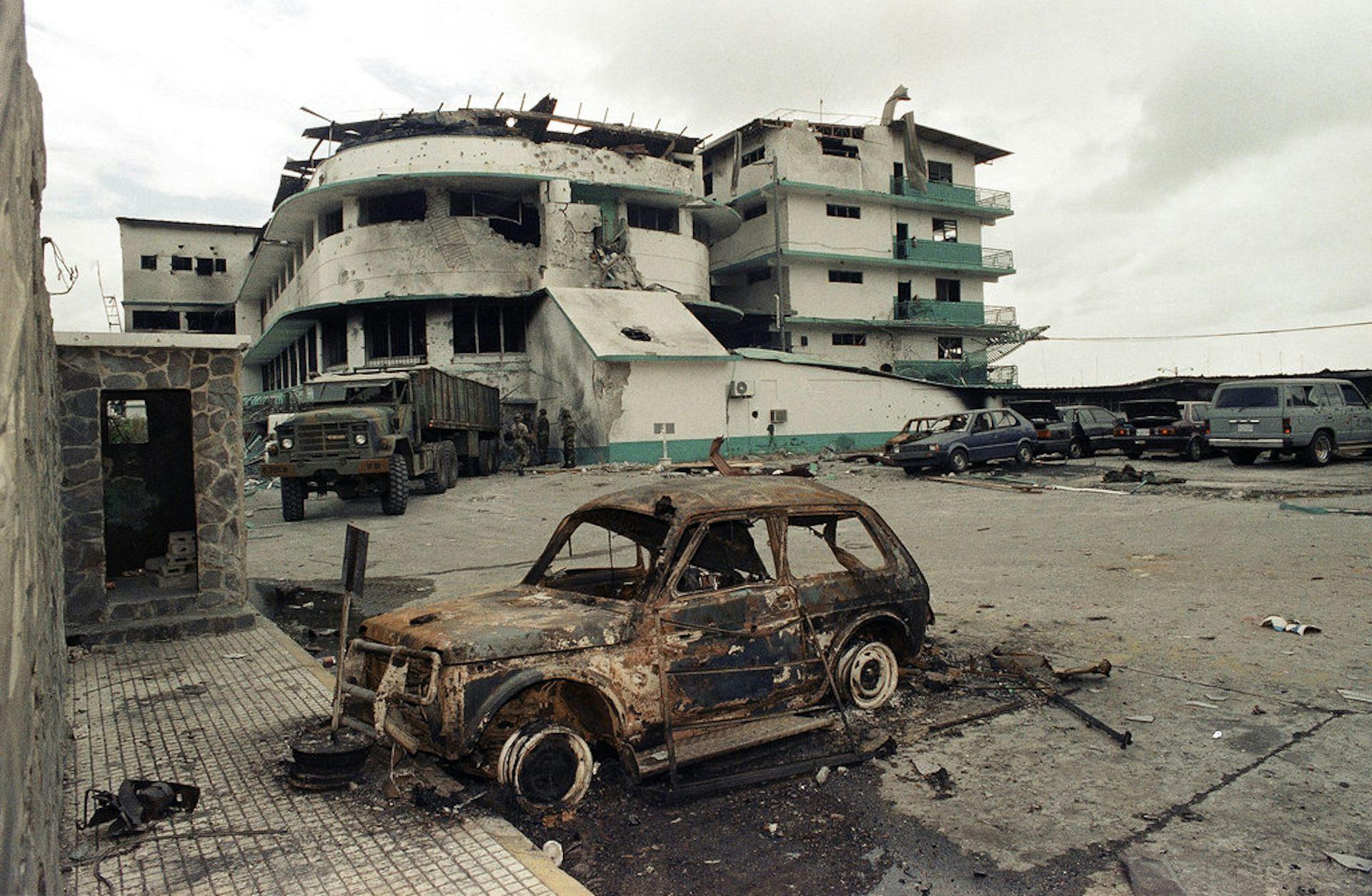
A 1989 photo of the bombed out Panamanian Defense Forces Headquarters after being destroyed in the American invasion of Panama. Photo: AP via The Conversation / Matias Recar Another Iraq?
In all of the US invasions and occupations of Latin America, none has occurred in South America or in a large country.
To be sure, troops from“the colossus of the north” invaded Mexico several times, beginning in 1846, but never did they hold the entire country. In the Mexican War, US troops soon retreated after 1848. In 1914, they occupied a single city, Veracruz, and in 1916, they chased around a bandit in the Punitive Expedition.
In all these episodes, it found taking parts of Mexico expensive and unproductive.

Sign up for one of our free newsletters
-
The Daily Report
Start your day right with Asia Times' top stories
AT Weekly Report
A weekly roundup of Asia Times' most-read stories
And a US-provoked regime change in a sovereign country today, such as in Venezuela, would likely trigger a massive resistance not only from its military but throughout the country.
Maduro's threat of a“republic in arms” should the US invade might be bluster. But it might not. Many experts predict that such an invasion would meet with disaster. Maduro has already asked for military assistance from Russia, China and even Iran. Even without such help, the mobilization of US assets in the Caribbean is no guarantee of success.
And while many governments in the rest of the hemisphere would no doubt love to see Maduro gone, they would dislike more the method of his going. The presidents of Colombia and Mexico have criticized the attacks, and others have warned of the resentment in the hemisphere were an intervention to follow.
In part, this is informed by the US interventionist past in Latin America, but it also comes from a place of self-preservation, particularly among the left-leaning governments that have already drawn Trump's ire.
As President Luiz Inácio Lula da Silva of Brazil said,“If this becomes a trend, if each one thinks they can invade another's territory to do whatever they want, where is the respect for the sovereignty of nations?”
Venezuela is, contrary to the White House's statements, not much of a producer or trans-shipment point of narcotics. What if Trump turned his sights on other government even more compromised by drug corruption, such as Mexico, Colombia, Bolivia and Peru?
The concern there will be over becoming the next domino in line.
Alan McPherson is professor of history, Temple University
This article is republished from The Conversation under a Creative Commons license. Read the original article.
Sign up here to comment on Asia Times stories Or Sign in to an existing accounThank you for registering!
An account was already registered with this email. Please check your inbox for an authentication link.
-
Click to share on X (Opens in new window)
Click to share on LinkedIn (Opens in new window)
LinkedI
Click to share on Facebook (Opens in new window)
Faceboo
Click to share on WhatsApp (Opens in new window)
WhatsAp
Click to share on Reddit (Opens in new window)
Reddi
Click to email a link to a friend (Opens in new window)
Emai
Click to print (Opens in new window)
Prin

Legal Disclaimer:
MENAFN provides the
information “as is” without warranty of any kind. We do not accept
any responsibility or liability for the accuracy, content, images,
videos, licenses, completeness, legality, or reliability of the information
contained in this article. If you have any complaints or copyright
issues related to this article, kindly contact the provider above.

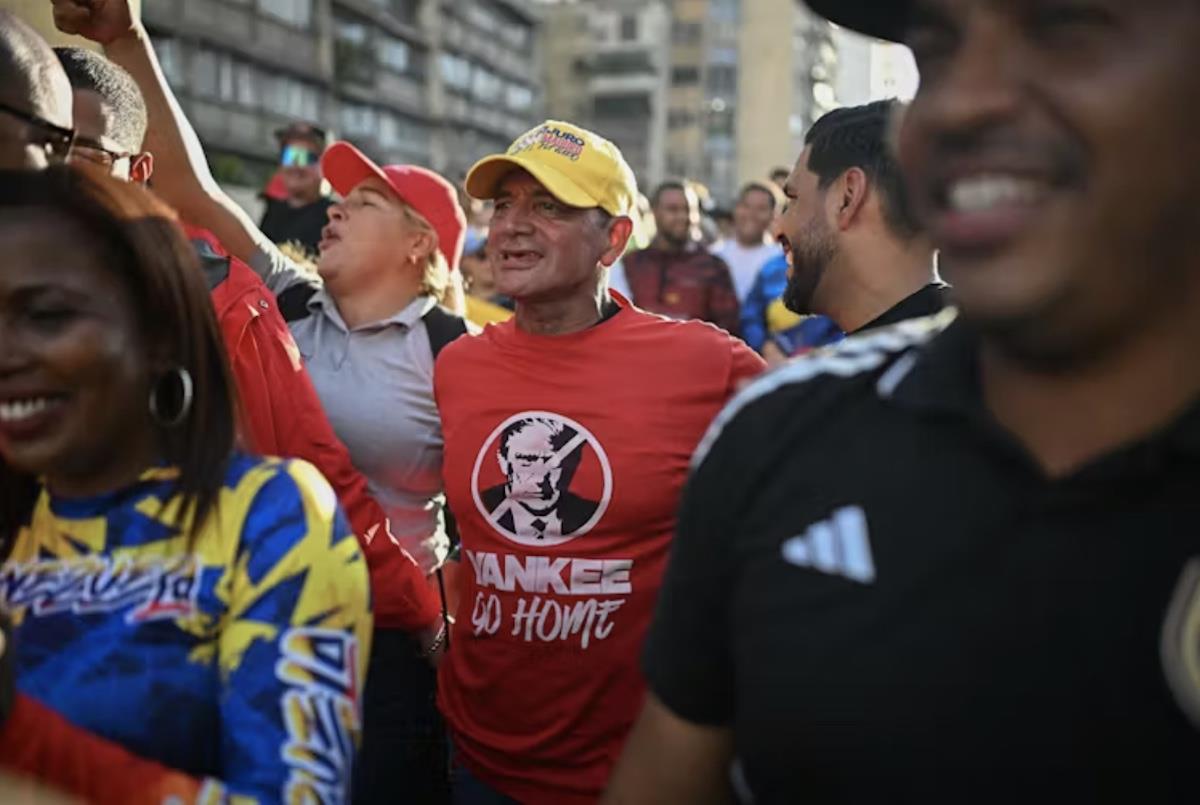















Comments
No comment